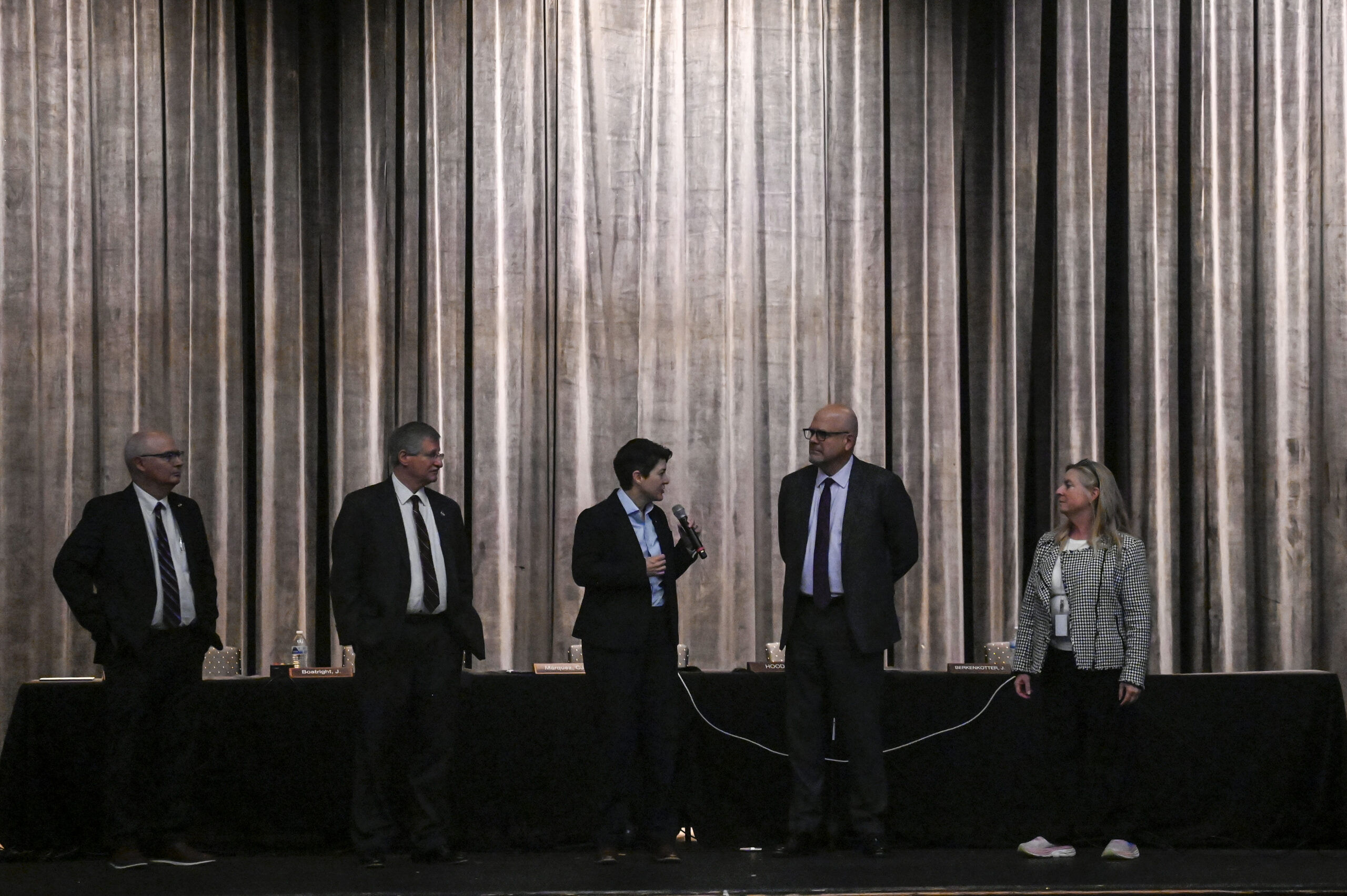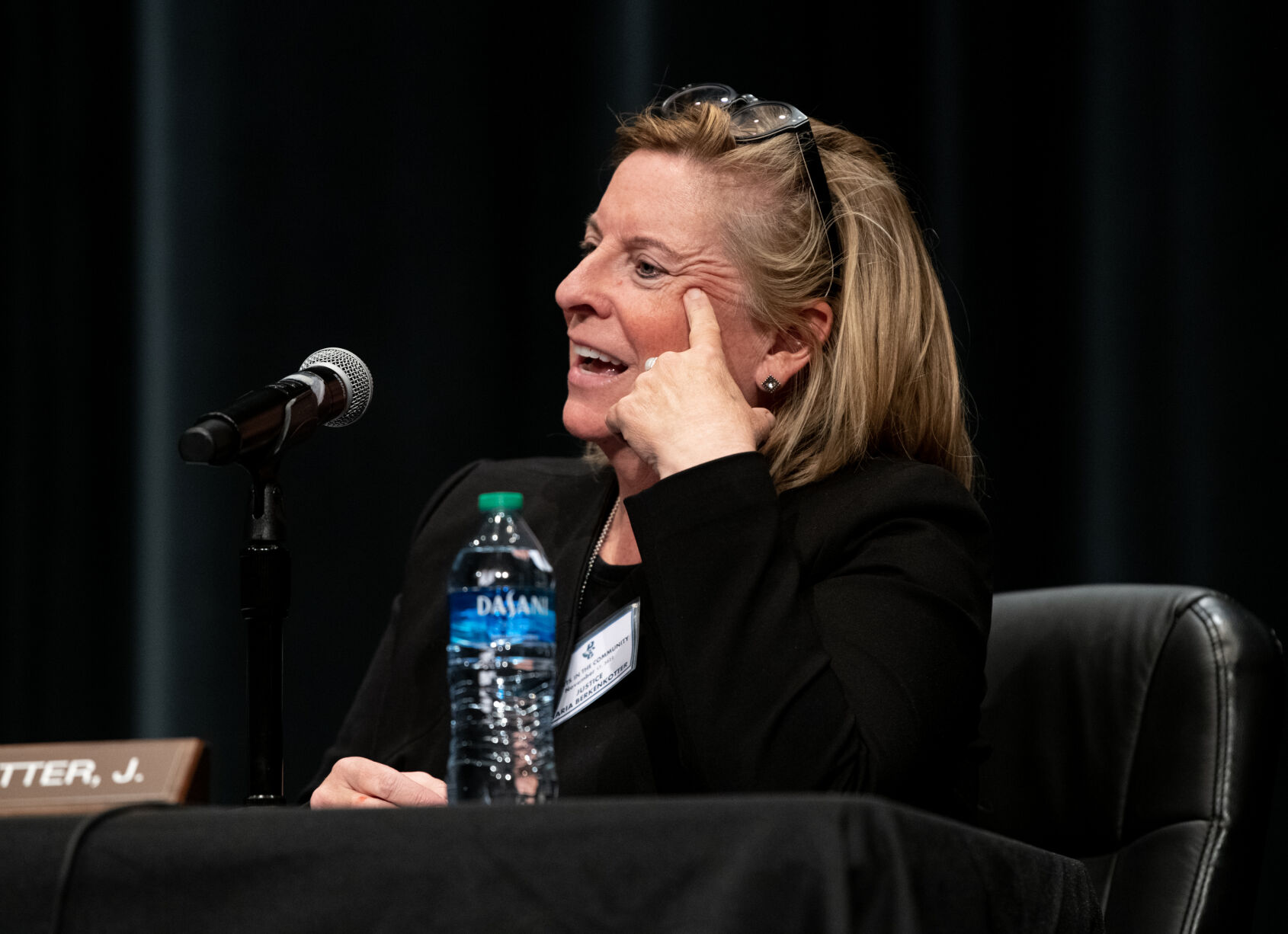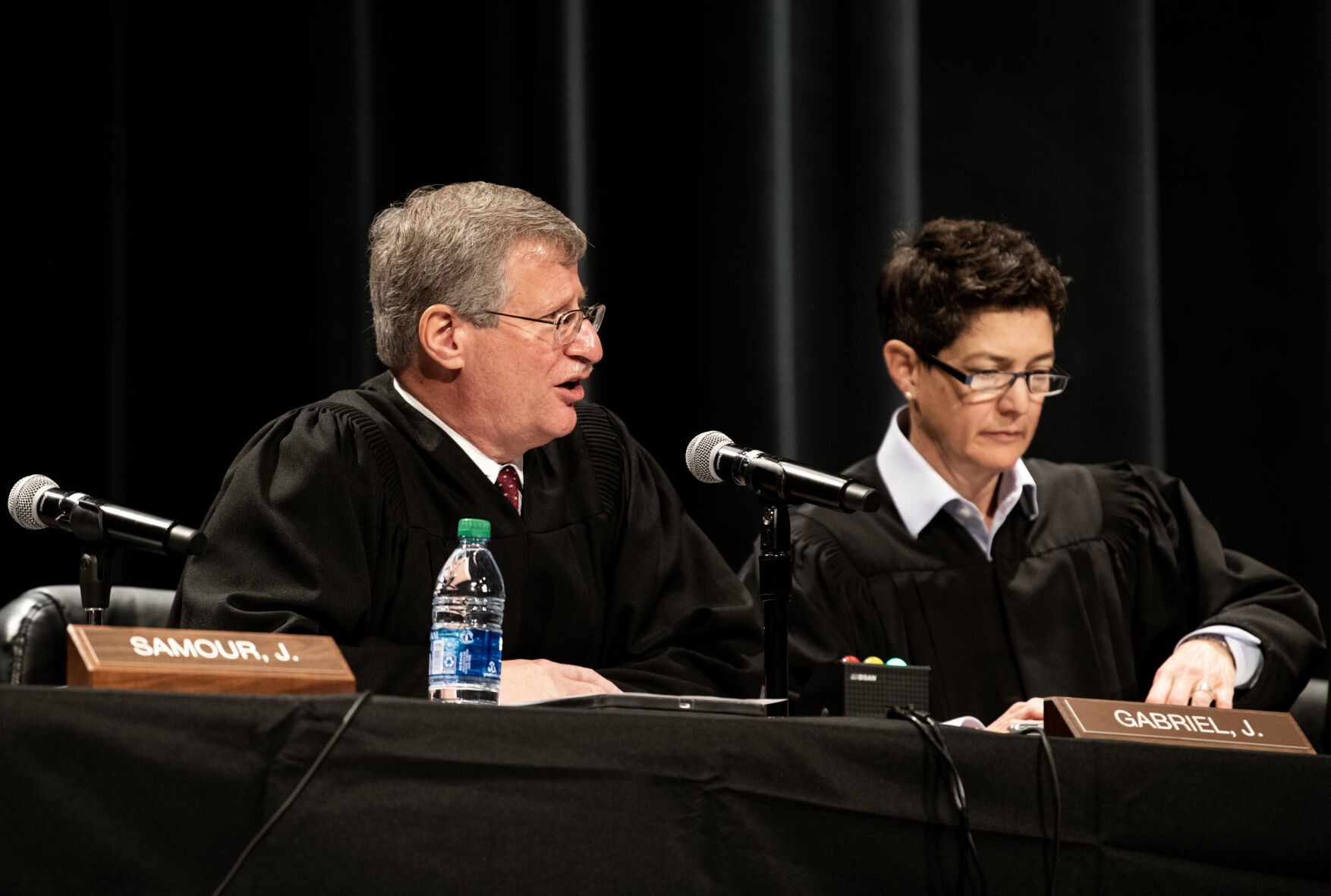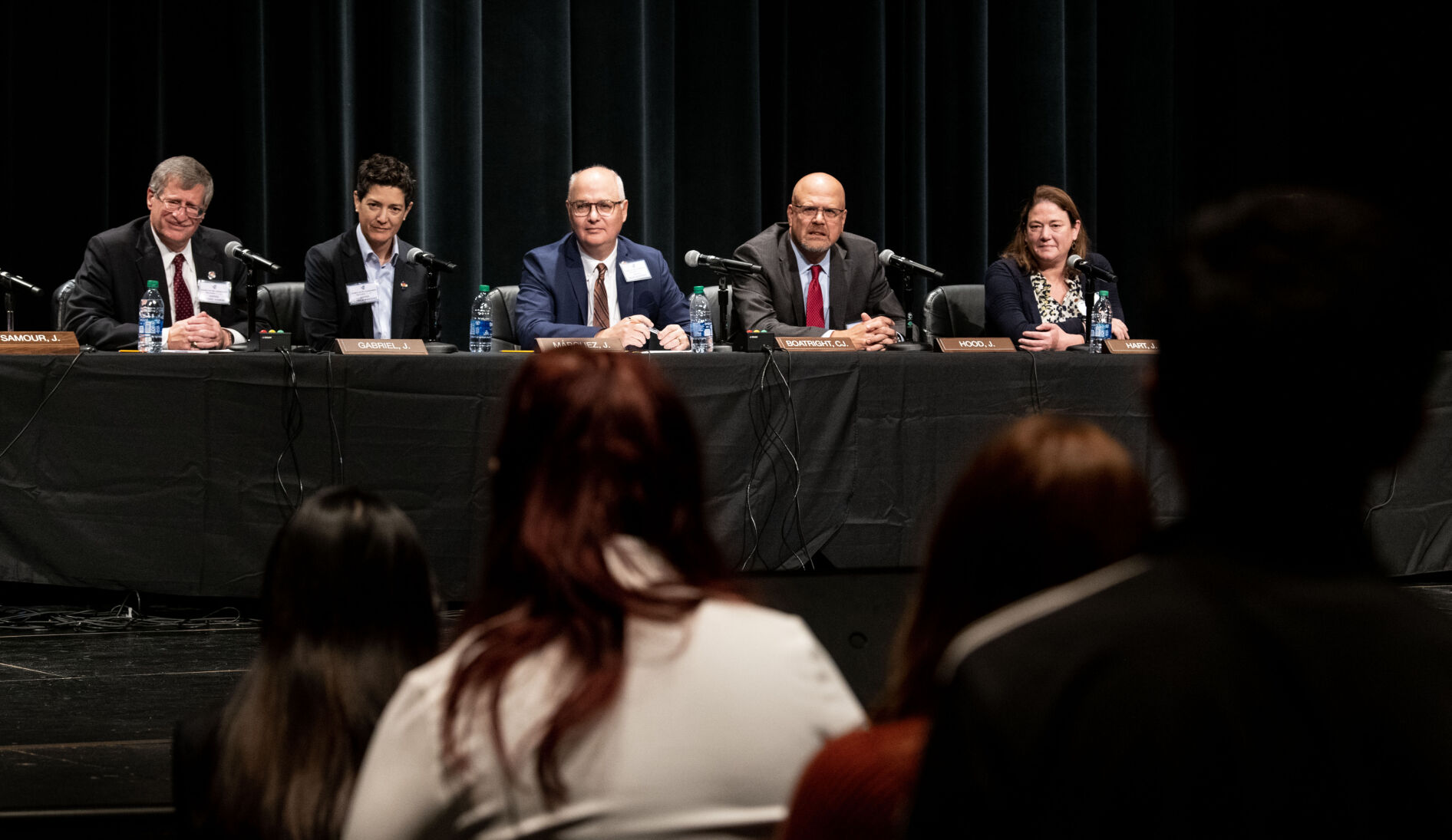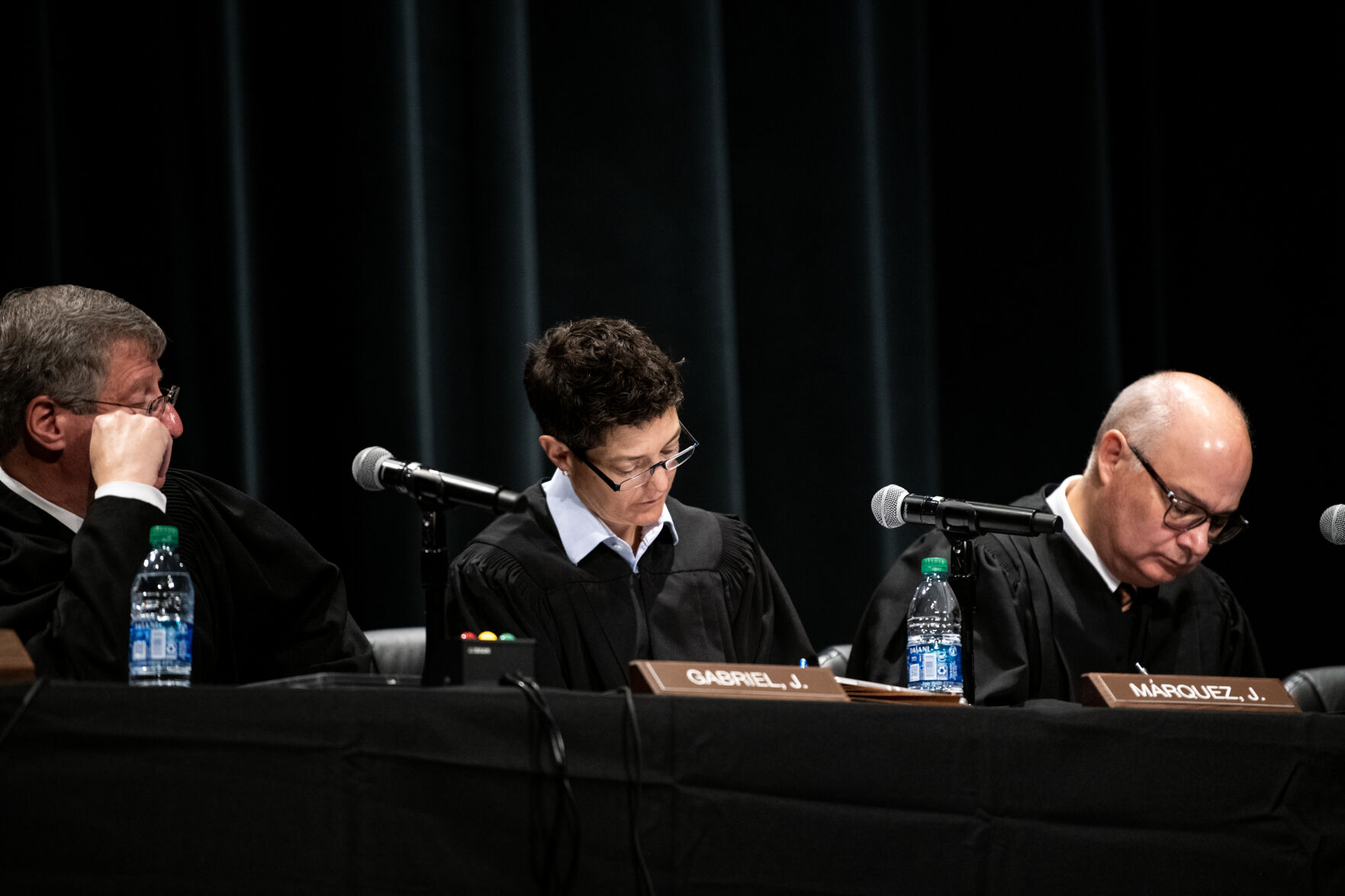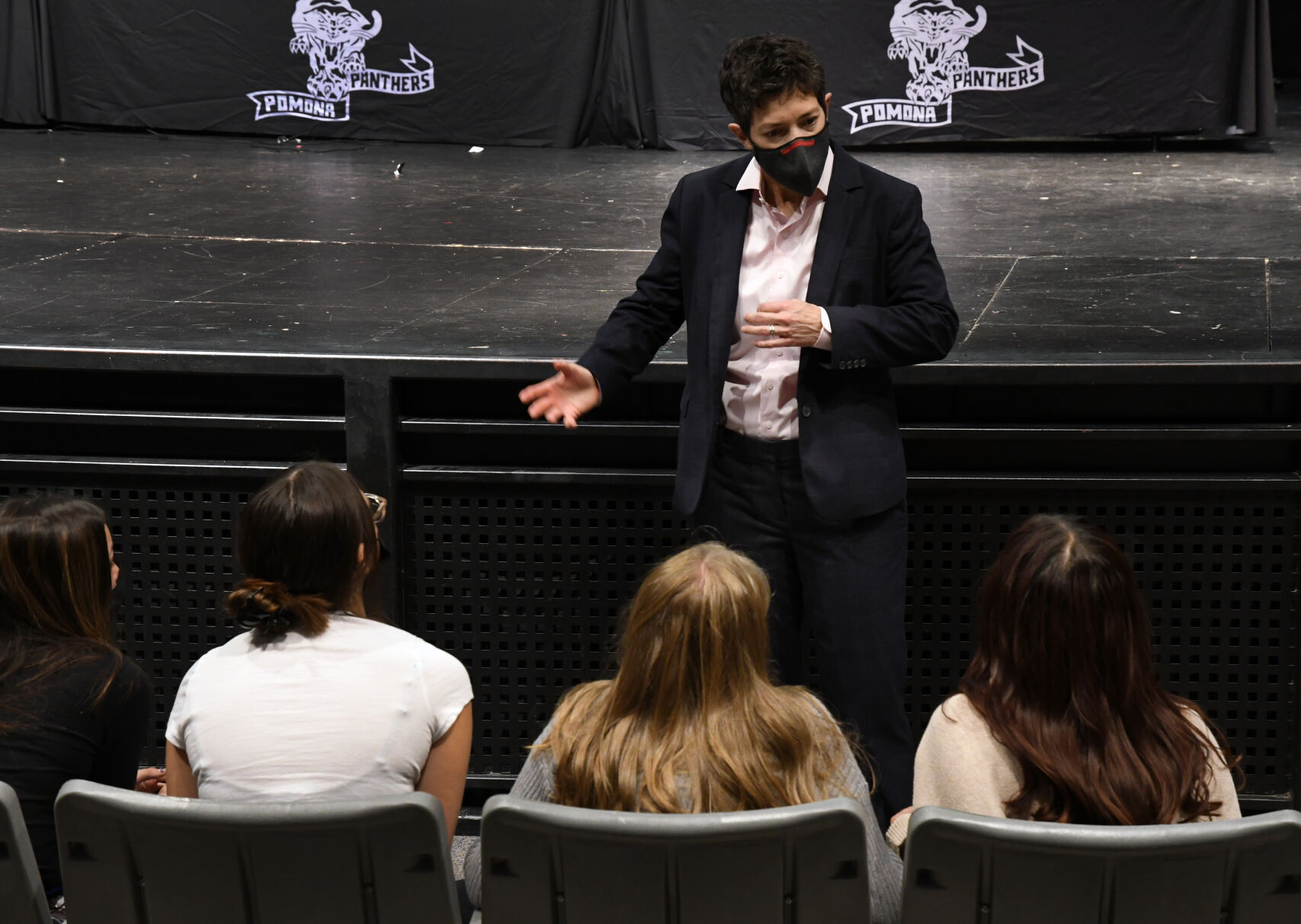icwa
-

Colorado Supreme Court says no tribal contact required for potential ‘Indian child’ cases
—
by
While recognizing that tribal nations alone are responsible for deciding who qualifies as a member, the Colorado Supreme Court ruled on Monday that counties are not required to contact tribes to verify whether certain children in custody proceedings are actually American Indian. Under the Indian Child Welfare Act of 1978, child welfare cases trigger protections…
-

Colorado justices weigh need for tribal engagement in potential ‘Indian child’ cases
—
by
Members of the Colorado Supreme Court on Wednesday considered whether state law requires tribal nations to be contacted when a child in a welfare case potentially falls under the longstanding protections afforded to American Indian children, but the evidence of tribal lineage is still minimal. Congress enacted the Indian Child Welfare Act of 1978 (ICWA) to…
-

Colorado Supreme Court takes up 3 criminal appeals, ‘Indian child’ case
—
by
The Colorado Supreme Court announced on Monday it will hear three criminal appeals and one case exploring the government’s obligation to determine whether children in welfare proceedings qualify for the longstanding protections granted to American Indians. At least three of the court’s seven members must consent to take up a case on appeal. The criminal…
-

Justices abandon ‘Indian child’ case, but with more potentially on horizon
—
by
Less than two weeks before the justices were scheduled to hear oral arguments, the Colorado Supreme Court dismissed as moot a case that questioned what, specifically, government agencies have to do when there is information suggesting a child in a custody matter is American Indian. Under the Indian Child Welfare Act of 1978 (ICWA), tribal…
-

Claims of tribal heritage not enough to trigger ‘Indian child’ protections, state justices say
—
by
Family members’ assertions that a child has American Indian heritage are insufficient to trigger the longstanding federal protections for tribal children in welfare proceedings, the Colorado Supreme Court ruled on Monday. The justices resolved an issue that has split the state’s Court of Appeals and focused attention on a key section of the Indian Child…
-

‘Indian child’ welfare cases continue to surface at state Supreme Court, appeals court
—
by
The question of when juvenile court judges have “reason to know” they are dealing with an American Indian child, thereby triggering longstanding protections for tribal nations, continues to surface in Colorado’s appellate courts. This week, the Colorado Supreme Court agreed to hear a case on the subject, two months after holding oral arguments in a…
-

Is naming a tribe enough? State Supreme Court weighs when federal Indian child law applies
—
by
Congress enacted the Indian Child Welfare Act more than 40 years ago to combat the forcible removal of American Indian children from their homes for placement into non-tribal families and institutions. In doing so, the law recognized tribal nations have an interest in state courts’ custody proceedings involving their members. Now, the Colorado Supreme Court…
-

State Supreme Court affirms heightened responsibility for counties to American Indian families
—
by
The Colorado Supreme Court affirmed on Monday that counties have a heightened responsibility to help American Indian families remain together amid child welfare proceedings — a standard that Denver had met despite a mother’s repeated relapses from her treatment program. The justices interpreted a key provision of the Indian Child Welfare Act, a 1978 federal law…
-

Appeals court split solidifies on Indian child law ahead of Supreme Court arguments
—
by
Colorado’s second-highest court has reinforced its split interpretation of when judges in child welfare proceedings have reason to know a child falls under the legal definition of “Indian,” triggering longstanding federal protections for tribal nations. Last week, a three-judge panel for the Court of Appeals issued a decision on the reason-to-know standard under the Indian…


